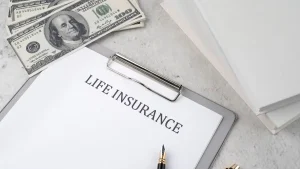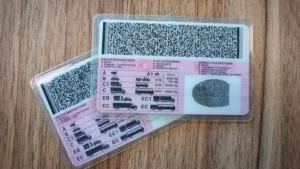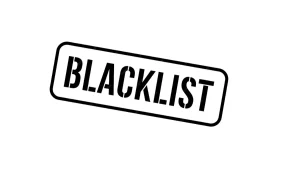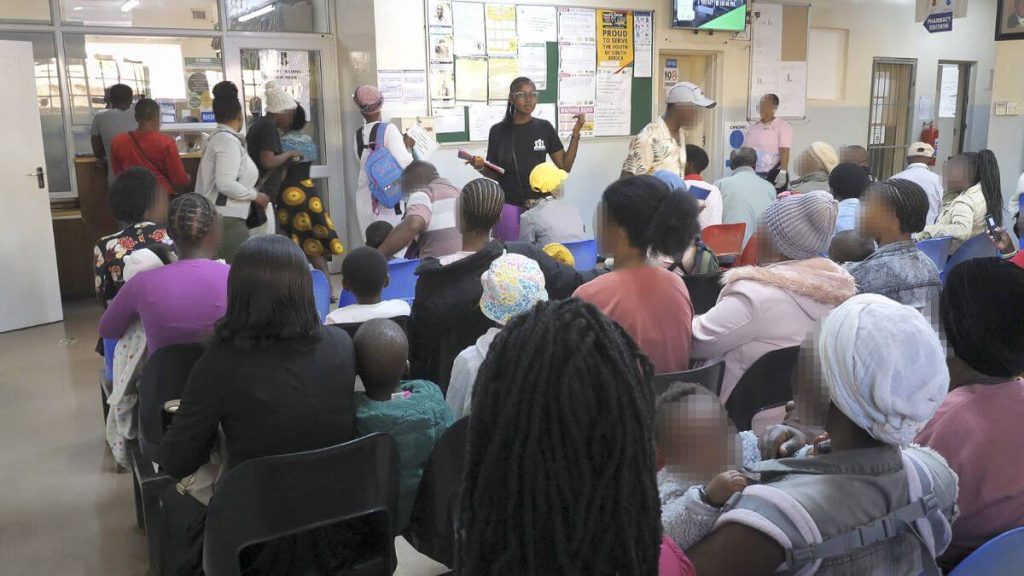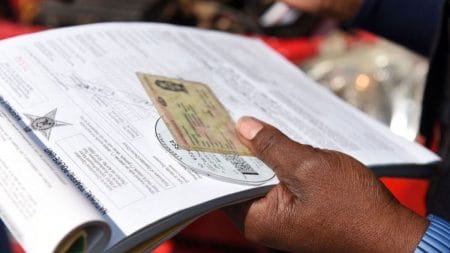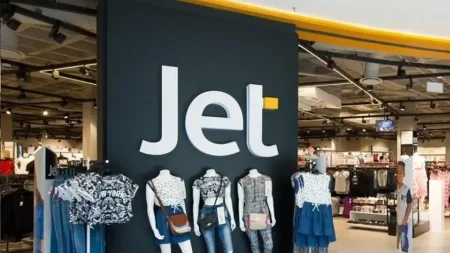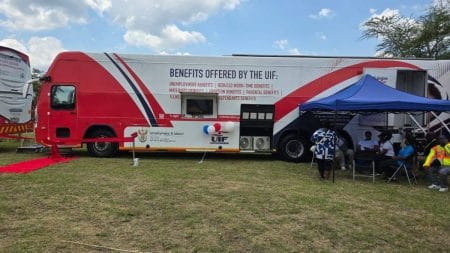Many KwaZulu-Natal residents face a daily challenge: getting to a clinic can be expensive, especially for those in rural areas or without reliable transport. Missed appointments often mean delayed treatment or interrupted medication — issues that can easily be prevented with the right support.
The good news is that the KZN government, together with local municipalities and community organisations, offers free and subsidised transport for patients who qualify. These services help thousands of people every month reach clinics safely and on time.
Who Qualifies for Free Transport to Clinics in KZN
The free transport service is meant to help South Africans who rely on public healthcare and cannot afford private or commercial travel. The main groups that qualify include:
- Low-income patients who depend on public health facilities.
- Elderly residents who need regular clinic visits.
- People with disabilities who cannot use standard taxis or buses.
- Patients on chronic medication such as HIV, TB, diabetes, or hypertension programmes.
- Rural residents who live far from clinics or hospitals.
Documentation Required
When applying or booking, make sure you have:
- Your South African ID or another valid form of identification.
- A clinic referral letter or appointment card (for chronic care or follow-up visits).
- Proof of residence may be required for some municipal services.
These documents help staff confirm eligibility and arrange transport for the right date and time.
Government Programs Offering Free Clinic Transport
1. KZN Department of Health Services
The KwaZulu-Natal Department of Health’s Emergency Medical Services (KZN EMS) operates a Non-Emergency Patient Transport service. It assists people who need to travel between their homes, Primary Health Care (PHC) clinics, community health centres, and hospitals for non-urgent care such as chronic medication refills, routine check-ups, or specialist referrals.
How It Works
- Free of charge for public healthcare users who meet the criteria.
- Focuses on rural and low-income communities.
- Uses dedicated patient transport vans (not ambulances).
- Includes pickup and drop-off from your home or nearest clinic.
How to Book or Register
- Visit your nearest clinic and explain your transport need.
- A nurse or clerk will issue a referral letter or complete a transport request form.
- You or the clinic can then contact KZN EMS on 10177 (toll-free, available 24/7).
- Provide your name, ID number, appointment details, and location.
- Confirm the pickup point and time with the district EMS office.
Contact Information
- KZN EMS Bookings: 10177 (mention “non-emergency referral”).
- KZN Department of Health Helpline: 0800 005 133 (for queries or complaints).
- Local Clinic: Contact your nearest PHC facility for assistance with forms.
- District Offices: Availability varies; call 10177 to find your district’s number.
2. Local Municipal Shuttle Services
Some local municipalities run shuttle or disability transport programmes to support residents with medical appointments.
eThekwini Municipality
If you live in Durban or surrounding areas, you can use:
- Dial-a-Ride and Sukuma services — wheelchair-accessible vehicles for people with disabilities.
- Transport is either free or subsidised, depending on the programme.
- Operated by Durban Transport.
Contact:
- Phone: 031 309 3250
- Email: enquiry@tansnatdbn.com
Other Districts
In rural districts, ward councillors or community health committees may organise shuttle trips or volunteer transport. Ask your clinic or municipality about local health outreach transport schedules.
Community & NGO Initiatives
In addition to government services, non-profit organisations and community projects also provide clinic transport or travel assistance.
1. TB/HIV Care Association
This organisation offers free or low-cost shuttles in certain KZN districts for people on antiretroviral therapy (ART) or TB treatment. Patients are picked up on scheduled clinic days and dropped off afterward.
2. Rural Transport Networks
Some community health workers and local taxi associations volunteer vehicles for patients, especially those who are elderly or disabled. These initiatives vary by area — ask at your clinic or through your local ward committee.
3. Social Development Grants
If you receive a SASSA grant (disability, pension, or child support), contact the Department of Social Development on 0800 60 10 11 to inquire about transport allowances or reimbursements for medical visits.
How to Book Free Transport to Your Clinic
Booking your trip is easy if you follow the right steps:
Step 1: Contact Your Nearest Clinic
Visit your local clinic and speak to the nurse or receptionist about your need for transport. They will assess your situation and complete a referral or transport request form if you qualify.
Step 2: Provide the Necessary Documents
Prepare the following:
- ID or birth certificate
- Appointment or referral letter
- Proof of address (if required)
This ensures your booking is confirmed correctly.
Step 3: Call the Transport Office
- For EMS, dial 10177 and state that you are requesting non-emergency transport.
- Give the operator your name, appointment date, clinic or hospital name, and pickup point.
Step 4: Confirm Pickup Time and Location
- Pickup and drop-off are usually arranged from your home or local PHC clinic.
- Confirm the time the day before your appointment.
- Arrive early — vehicles often make multiple stops.
Step 5: Tips to Avoid Delays or Missed Pickups
- If you miss a trip, call 10177 or your clinic to rebook.
- Always book 24–48 hours in advance.
- Keep your phone nearby on the day of travel.
- Inform the clinic immediately if your appointment changes.
Other Helpful Resources
KZN Department of Health Helpline: 0800 005 133
For general enquiries, complaints, or service information.
KZN EMS Non-Emergency Bookings: 10177 (toll-free)
To schedule clinic transport.
Department of Social Development: 0800 60 10 11
For SASSA-related transport allowances.
Durban Transport (Dial-a-Ride & Sukuma): 031 309 3250
For disability transport services in the eThekwini area.
Keready Mobile Clinics: WhatsApp 060 019 0000
To locate free mobile clinic services across KZN.
Read more: List of NGOs Offering Free Disability and Chronic Care Services (Updated October 2025)
Frequently Asked Questions (FAQs)
1. Can I use KZN EMS transport for a hospital discharge or to return home after being admitted?
Yes, in many cases patients can request transport home after discharge, especially if the hospital confirms there is a medical or financial need. You must ask the hospital’s transport office before your release.
2. Is the free clinic transport available for maternity or antenatal visits?
Yes, expectant mothers attending scheduled antenatal or postnatal check-ups at public facilities can qualify for the Non-Emergency Patient Transport service. Always book in advance and bring your antenatal card.
3. Can I book EMS transport for a child or minor?
Yes, transport is available for children if they are registered patients at a public clinic or hospital. A parent or guardian may accompany them, subject to space and approval from the clinic.
4. Are there special transport arrangements for wheelchair users outside eThekwini?
In some rural districts, EMS provides adapted vehicles for patients with mobility challenges. If unavailable, the clinic can refer you to a nearby district that has accessible transport or NGO partners offering support.
5. Can I request transport to collect chronic medication from a pickup point?
Generally, no — the transport service focuses on medical visits and referrals. However, you can avoid travel altogether by registering for the CCMDD programme to collect medicine locally.
6. What happens if my transport is late or doesn’t arrive?
Call 10177 immediately to report a delay and confirm the vehicle’s location. Also, inform your clinic so they can reschedule your appointment if necessary.
7. Is there transport available for night or weekend clinic appointments?
Non-emergency patient transport usually operates during daytime hours (Monday to Friday). For after-hours emergencies, use ambulance services by dialling 10177 or 112.
8. Can community caregivers help with transport coordination?
Yes, many community health workers act as liaisons between patients and the district EMS office. They can help you fill in forms, confirm bookings, and communicate updates for rural pickups.
9. How can I find out if my area has a local shuttle or NGO programme?
Ask your ward councillor, clinic manager, or community health committee. These groups often have schedules and contact lists for volunteer or subsidised transport projects in your district.
10. Is transport provided for medical assessments for disability or grant applications?
In some cases, yes. If your visit is part of a medical assessment required by SASSA, the Department of Social Development can assist with arranging transport or covering the cost. Call 0800 60 10 11 for details.
Read more: Gauteng Health Breakthrough: Charlotte Maxeke Performs Landmark Stem Cell Transplant
Getting to a clinic should never stand between you and good health. Whether you live in a busy township or a rural village, free and subsidised transport options are available through the KZN Department of Health, local municipalities, and community organisations.
Don’t hesitate to ask for help. Visit your nearest clinic, contact 10177, or reach out to your municipality to arrange transport. Using these services makes healthcare easier, more affordable, and more accessible — because everyone deserves the right to quality care without worrying about transport costs.


